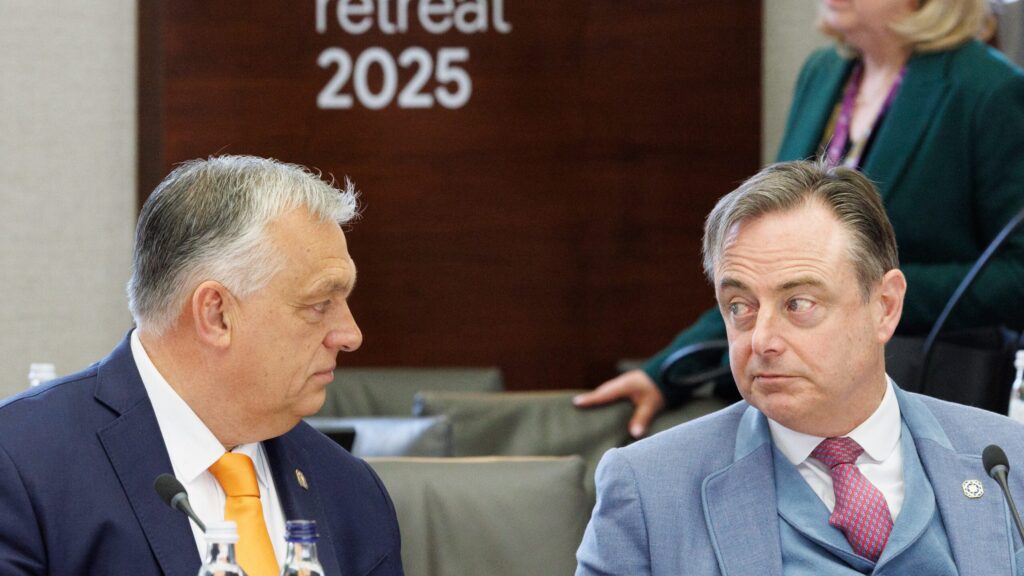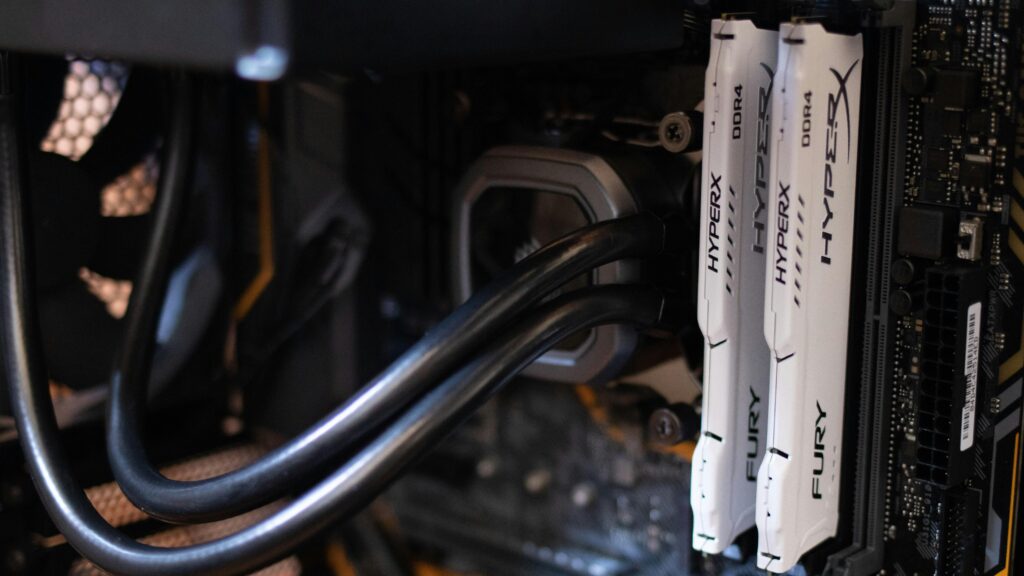The University of Debrecen’s Faculty of Informatics, in collaboration with the University of Florida and Seoul National University, is spearheading an innovative digital twin framework aimed at revolutionizing road safety and traffic management. The project titled Fraternity is supported by a grant of 400 million forints from the HU-rizont programme, as announced by the university’s press office.
The initiative, officially called Cooperative Environment for Testing Autonomous Vehicles, is one of 30 projects funded under the HU-rizont programme, which allocates 12 billion forints for research in Hungarian higher education institutions transitioning to new operational models. The programme was launched in November by Hungary’s Minister for Culture and Innovation Balázs Hankó during a visit to the University of Debrecen.
Dean of the Faculty of Informatics and professional lead of the project András Hajdu emphasized the importance of this initiative. The project addresses a significant gap, as there are currently no platforms capable of testing intelligent transportation systems (ITS) and solutions for autonomous vehicles based on collective collaboration. ‘We aim to create a scalable digital framework for testing new traffic scenarios, which will help refine algorithms serving autonomous vehicles and ensure the reliable functioning of intelligent systems,’ he stated.
The digital twin framework will simulate various traffic scenarios, allowing researchers to model potential road conditions and improve systems that cater to both urban and high-speed environments. It also aims to test solutions that can mitigate traffic congestion and prioritize vulnerable road users like pedestrians, cyclists, and scooter riders.
The Fraternity project benefits from the expertise of two prestigious international partners: the University of Florida, renowned for its focus on artificial intelligence, algorithm development, reinforcement learning, and large language model applications; and Seoul National University, experienced in developing intelligent transportation software and coordinating emerging technologies. They also maintain close ties with Hungary’s national road management company (Magyar Közút Nzrt).
Scientific advisor at the Faculty of Informatics Do Van Tien highlighted the practical potential of the project, ‘This framework could soon allow companies producing intelligent software to conduct necessary tests within our system. The ultimate goal is to reduce development costs and foster collaboration among industry players working on innovative transportation solutions.’
The project envisions a future where real-time ITS data and driver-assistive messages enhance safety and traffic flow. Beyond software testing, the digital twin framework could transform urban and intercity transportation by offering scalable solutions for a wide range of scenarios.
With this pioneering collaboration, the University of Debrecen solidifies its role as a leader in intelligent mobility research, setting the stage for safer, more efficient transportation systems globally.
Related articles:







